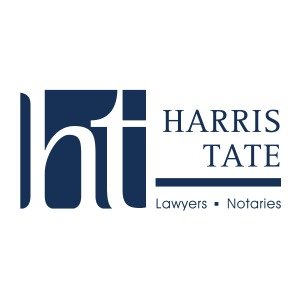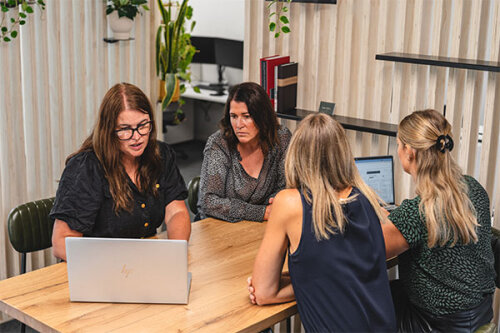Best Nursing Home Abuse Lawyers in Tauranga
Share your needs with us, get contacted by law firms.
Free. Takes 2 min.
List of the best lawyers in Tauranga, New Zealand
About Nursing Home Abuse Law in Tauranga, New Zealand
Nursing Home Abuse law in Tauranga, New Zealand is regulated under both criminal and civil law. It deals primarily with instances of neglect, physical abuse, financial exploitation and psychological abuse perpetuated against the elderly residents of nursing homes. The laws are aimed to provide vigorous protection for the elderly who are some of the most vulnerable members of our society. So, any acts of maltreatment in nursing homes are treated with extreme seriousness.
Why You May Need a Lawyer
If you suspect that your loved one is a victim of nursing home abuse, it is crucial to take immediate legal action. A lawyer in this field can guide you through the process, helping you understand your rights and the measures that can be taken to ensure safety. If substantial evidence is available, lawyers will assist in reporting the matter to authorities and, if necessary, initiating civil litigation for compensation.
Local Laws Overview
The key aspects of local laws concerning nursing home abuse in Tauranga encompass the Crimes Act 1961 and the Health and Disability Commissioner Act 1994. These provide the legal foundations of elder protection rights which include the right to dignity, independence, care and treatment. Further, any abuses may fall under crime of ill-treatment or neglect and can render the parties guilty liable to imprisonment. Importantly, nursing homes may also be held liable in cases where negligence in their duties is proven.
Frequently Asked Questions
1. What are the signs of nursing home abuse?
Signs can include sudden weight loss, unexplained injuries, changes in behavior, and the display of fear towards caregivers. Unusual withdrawals from their bank account can indicate financial abuse.
2. What to do when you suspect nursing home abuse?
Report the suspected abuse to the nursing home management and immediately contact a lawyer who specializes in elder abuse cases. You should concurrently report the matter to local authorities as well.
3. How can a lawyer assist in nursing home abuse cases?
A lawyer can assist you in understanding your rights, reporting the matter to the authorities, gathering evidence and representing you in court if litigation is pursued.
4. Can nursing homes be held accountable?
Yes, nursing homes can be held accountable under civil law if it can be demonstrated that the abuse occurred as a result of their negligence or professional misconduct.
5. What kind of compensation can be sought?
Compensation can include medical costs, pain and suffering, cost of care and even punitive damages in cases where the conduct of the nursing home has been especially reprehensible.
Additional Resources
Additional resources include the Health and Disability Commissioner (NZ), Age Concern New Zealand, Eldernet and the Human Rights Commission. These institutions provide support and resources for elder abuse and can be of assistance throughout your legal process.
Next Steps
If you suspect a case of nursing home abuse, firstly ensure the immediate safety of your loved one. Then, gather as much evidence as possible relating to the abuse. Contact a lawyer specializing in nursing home abuse cases and report the incident to the proper authorities at the earliest. Remember, you are not alone. Reach out to local organizations and communities that are available to help throughout this challenging time.
Lawzana helps you find the best lawyers and law firms in Tauranga through a curated and pre-screened list of qualified legal professionals. Our platform offers rankings and detailed profiles of attorneys and law firms, allowing you to compare based on practice areas, including Nursing Home Abuse, experience, and client feedback.
Each profile includes a description of the firm's areas of practice, client reviews, team members and partners, year of establishment, spoken languages, office locations, contact information, social media presence, and any published articles or resources. Most firms on our platform speak English and are experienced in both local and international legal matters.
Get a quote from top-rated law firms in Tauranga, New Zealand — quickly, securely, and without unnecessary hassle.
Disclaimer:
The information provided on this page is for general informational purposes only and does not constitute legal advice. While we strive to ensure the accuracy and relevance of the content, legal information may change over time, and interpretations of the law can vary. You should always consult with a qualified legal professional for advice specific to your situation.
We disclaim all liability for actions taken or not taken based on the content of this page. If you believe any information is incorrect or outdated, please contact us, and we will review and update it where appropriate.









